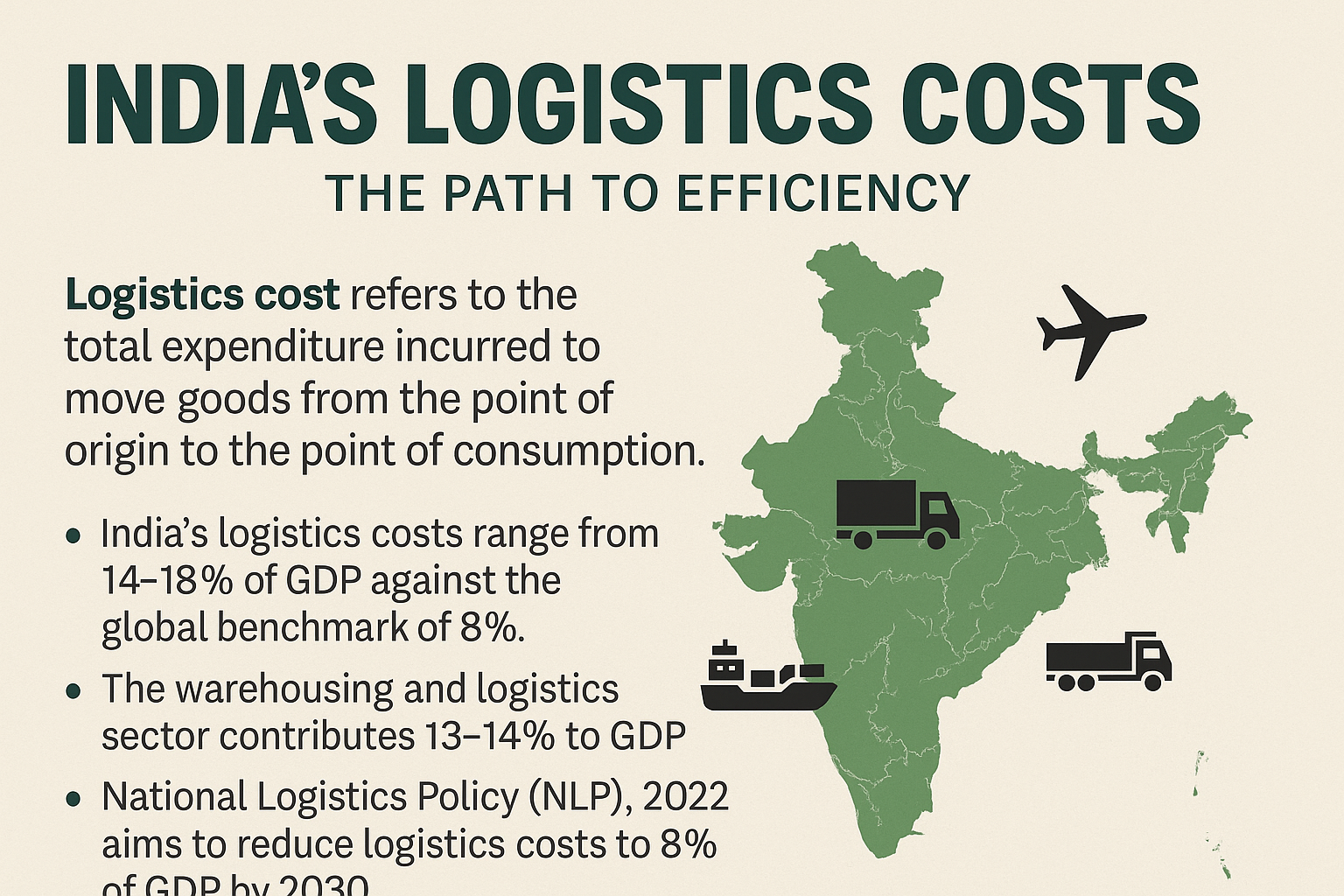046.
🗂️ Topic: Economy / Digital Finance / Fintech
CRED Launches India’s First E-Rupee Wallet Beta: Expanding Access to RBI’s Digital Currency
Introduction
In a major step toward expanding digital financial inclusion, fintech platform CRED has become the first company to roll out a beta version of its e-rupee wallet. This innovation enables retail transactions using India’s Central Bank Digital Currency (CBDC) — a move supported by the Reserve Bank of India (RBI), which recently opened access to non-bank payment operators.
💸 What is CBDC?
- CBDC (Central Bank Digital Currency) is a digital version of India’s legal tender, issued directly by the RBI.
- Key characteristics:
- Same value as physical cash
- Can be exchanged for notes and coins
- Holds value directly on the RBI’s balance sheet (not banks’)
- Does not require a bank account to use
- Aims to simplify payments and enhance financial inclusion
📱 CRED’s E-Rupee Wallet – Key Features
| Feature | Details |
|---|---|
| Transaction Limits | ₹10,000 per transaction; ₹50,000 daily limit |
| Merchant Transactions | Zero cost to merchants |
| Loading Wallet | Via UPI |
| Transfer Capability | Send/receive to other CBDC wallets |
| Future Features | Programmable payments, PIN-less transactions (< ₹500) |
🏦 Partnerships & Banking Support
- Yes Bank is the sponsor bank backing CRED’s e-rupee wallet.
- It facilitates:
- Secure token issuance
- RBI integration for e-rupee flows
- Other players reportedly exploring CBDC partnerships:
- PhonePe
- Google Pay
- Amazon Pay
🌐 CBDC vs Global Trends
| Country | CBDC Status |
|---|---|
| India | Expanding CBDC-Retail access via fintechs |
| USA | President Trump has banned CBDC creation, citing security concerns |
| China | Pilot testing e-CNY (digital yuan) extensively |
| Europe | EU exploring digital euro roadmap |
🔍 Impact on India’s Financial Ecosystem
- Promotes cashless transactions with bank-free access
- Lowers transaction costs vs card networks
- Encourages fintech innovation through open infrastructure
- Boosts financial inclusion for rural and underserved users
- Potential to digitally anchor India’s economy for future reforms
🧭 Conclusion
CRED’s early move into CBDC infrastructure sets the tone for India’s digital currency future. Backed by RBI’s progressive stance, this could redefine how payments, wallets, and digital identity evolve in the country.















